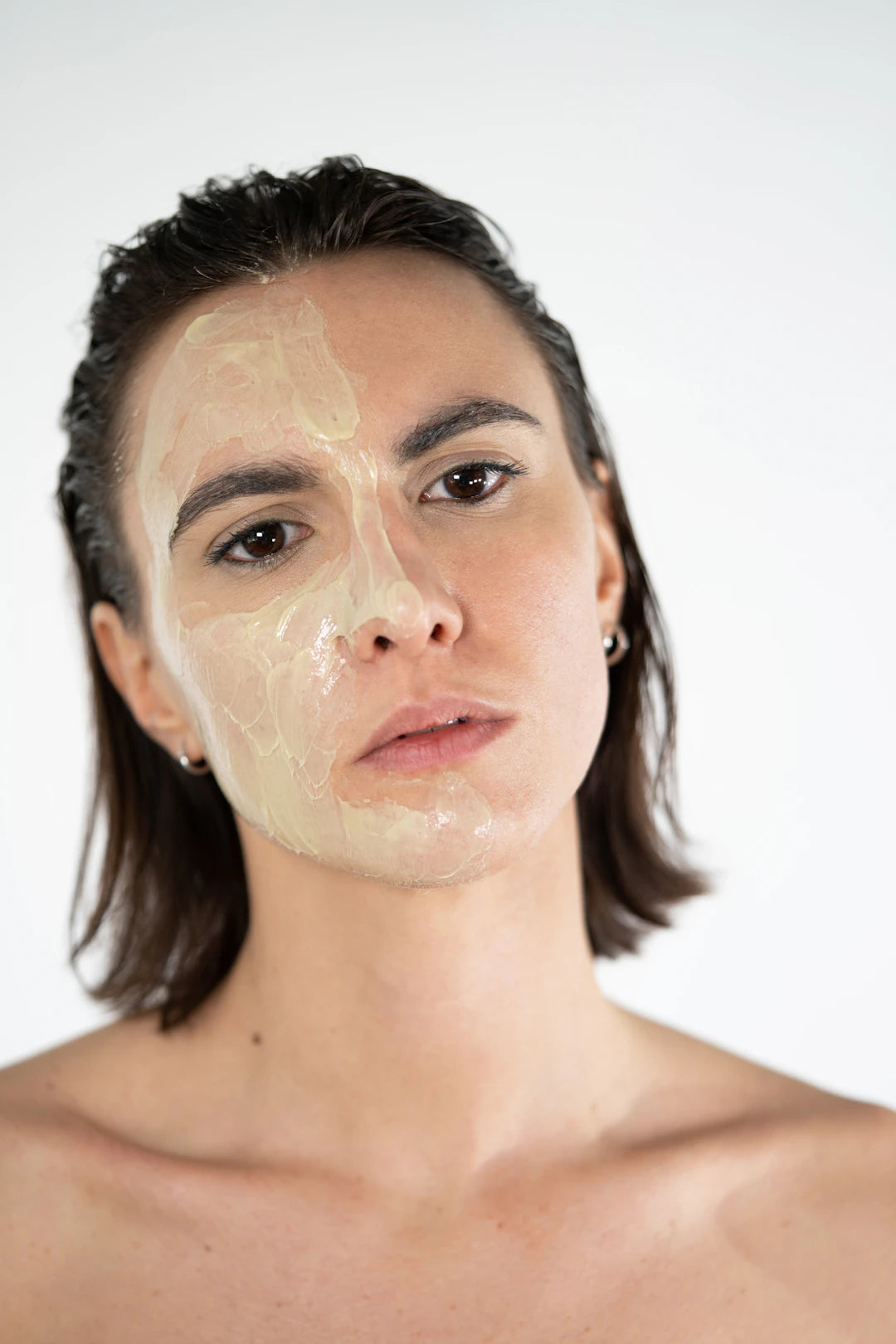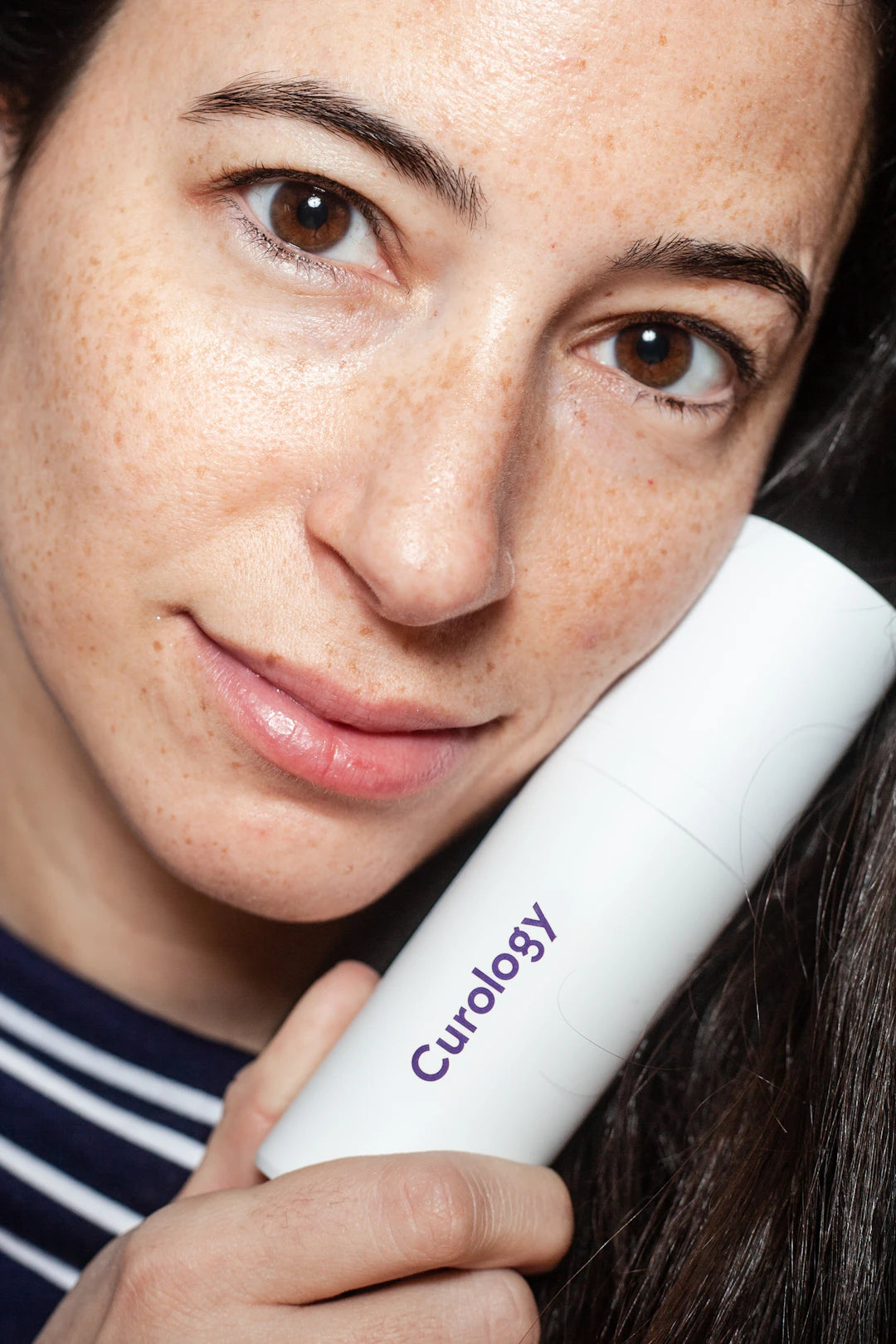Unlocking Radiant Skin: Understanding Your Skin Type

Frequently Asked Questions
1. Why is it important to know your skin type?
2. What are the different types of skin?
3. How can I identify my skin type?
4. What should I look for in a moisturizer based on my skin type?
5. What are some beneficial skincare ingredients for different skin types?
Your skin is as unique as you are, and understanding your skin type is essential for creating an effective skin care routine. This knowledge not only helps you choose the right products but also empowers you to make informed decisions that can lead to healthier, glowing skin. Whether you’re looking for the best skin brightening cream or developing a personalized skin care routine, knowing your skin type is the first step to success.
The Importance of Knowing Your Skin Type
By identifying your skin type, you can tailor your skin care routine to address your individual needs. Not only does this enhance your beauty regimen, but it also boosts the effectiveness of the products you use. Let’s take a closer look at the different skin types and how you can determine which one best describes your skin.
Types of Skin
Normal Skin
Normal skin is characterized by a balanced level of moisture and minimal sensitivity. This skin type has an even texture, few imperfections, and a healthy glow. If you have normal skin, you’re fortunate, as most products will work well for you. However, maintaining that balance with a solid skin care routine is vital.
Oily Skin
Oily skin tends to produce excess sebum, leading to a shiny appearance and enlarged pores. This type is more prone to acne and breakouts. If your skin feels greasy after a few hours post-cleansing, you likely have oily skin. The right skin care routine for oily skin involves using lightweight, oil-free products that can help prevent clogged pores.
Dry Skin
Dry skin can feel tight and may exhibit flakiness or rough patches. Individuals with this skin type often struggle with moisture retention. If you find that your skin becomes itchy or irritated easily, you may have dry skin. To combat this, you should look for nourishing creams and oils that can provide deep hydration, incorporating them into your skin care routine.
Combination Skin
Combination skin exhibits characteristics of both oily and dry skin, making it somewhat tricky to manage. Typically, the T-zone (forehead, nose, and chin) is oilier, while the cheeks remain dry. A balanced skin care routine can help address both sides of this skin type effectively. Employing different products for the various areas of your face can make a significant difference.
Sensitive Skin
Sensitive skin is prone to redness, irritation, and reactions to various products. If you often experience stinging or burning sensations after applying products, your skin may be sensitive. Those with this skin type should seek out gentle, hypoallergenic products that soothe rather than aggravate their condition.
How to Identify Your Skin Type
Understanding your skin type is an essential skill for anyone serious about their skin care routine. Below are some effective methods to determine your skin type:
- The Bare-Faced Test: Cleanse your face gently and allow it to rest without products for about an hour. Observe how your skin feels — is it tight, oily, or just right?
- Blotting Sheet Method: After a few hours in a normal environment, take a blotting paper and press it across different areas of your face. Check how much oil is absorbed to gauge oiliness.
- Look for Symptoms: Pay attention to how your skin reacts to water or certain products. Redness, itchiness, and dryness all offer clues to your skin type.
Tailoring Your Skin Care Routine
Step 1: Cleansing
Cleansing is the foundation of any skin care routine. Choose a cleanser that suits your skin type:
- Normal Skin: A gentle foaming or creamy cleanser will do wonders.
- Oily Skin: Opt for gel-based cleansers with salicylic acid to help control excess oil.
- Dry Skin: Cream cleansers or oil-based cleansers are ideal for preserving moisture.
- Combination Skin: A balance of all textures may work; consider a mild gel for the T-zone and a creamy product for drier areas.
- Sensitive Skin: Always choose a gentle, fragrance-free cleanser.
Step 2: Exfoliating
Exfoliation helps clear dead skin cells and can unveil a brighter complexion. Depending on your skin type:
- Normal Skin: Exfoliate 1-2 times a week.
- Oily Skin: A BHA (beta hydroxy acid) exfoliant helps remove excess sebum.
- Dry Skin: Use gentle exfoliators to avoid further drying out your skin; consider a hydrating exfoliant.
- Combination Skin: Target oily areas more frequently while being gentle on dry zones.
- Sensitive Skin: Stick to chemical exfoliants with low concentrations, exfoliating sparingly.
Step 3: Moisturizing
Moisturizers are critical for all skin types, but it’s essential to choose the right one:
- Normal Skin: A lightweight, hydrating moisturizer works best.
- Oily Skin: Opt for oil-free, gel-based moisturizers to keep skin hydrated without the grease.
- Dry Skin: Look for thicker creams and new formulations intended for deep hydration.
- Combination Skin: Use a balance of products, applying heavier moisturizers to dry spots.
- Sensitive Skin: Use fragrance-free and hypoallergenic moisturizers to prevent irritation.
Step 4: Protecting Your Skin
Sun protection should be a non-negotiable part of your skin care routine. Cab to protect your skin from harmful UV rays, no matter what skin type you have:
- Always choose a broad-spectrum sunscreen with at least SPF 30.
- For oily skin, look for gel-based sunscreens.
- If you have dry skin, cream-based sunscreens will provide added hydration.
- Sensitive skin types should opt for mineral-based sunscreens.
Skincare Ingredients to Look For
Understanding your skin type can guide you toward the right active ingredients to incorporate into your skin care routine. Here are some beneficial ingredients based on your skin type:
- For Normal Skin: Hyaluronic Acid and Glycerin are perfect for maintaining skin hydration.
- For Oily Skin: Salicylic Acid and Niacinamide are excellent choices for reducing oiliness and preventing breakouts.
- For Dry Skin: Look for ingredients like Ceramides and Shea Butter that deeply hydrate and protect the skin barrier.
- For Combination Skin: Use a mix of lightweight and nourishing ingredients like Jojoba Oil and Retinol.
- For Sensitive Skin: Opt for soothing components such as Aloe Vera and Chamomile.
Embrace Your Unique Beauty Journey
Embarking on a skin care journey is not just about achieving a flawless complexion; it's about celebrating your individual beauty. By understanding your skin type, you open doors to a tailored skin care routine that can enhance your natural glow. Don’t forget that consistency is key; it may take time to see results, but the effort will be worth it.
As you refine your skin care routine, explore various products and techniques to find what resonates best with your skin. Incorporating skin brightening creams can elevate your regimen, giving you that radiant complexion you desire. Stay patient and committed, and relish the journey of self-care as you unveil your most radiant skin yet.


